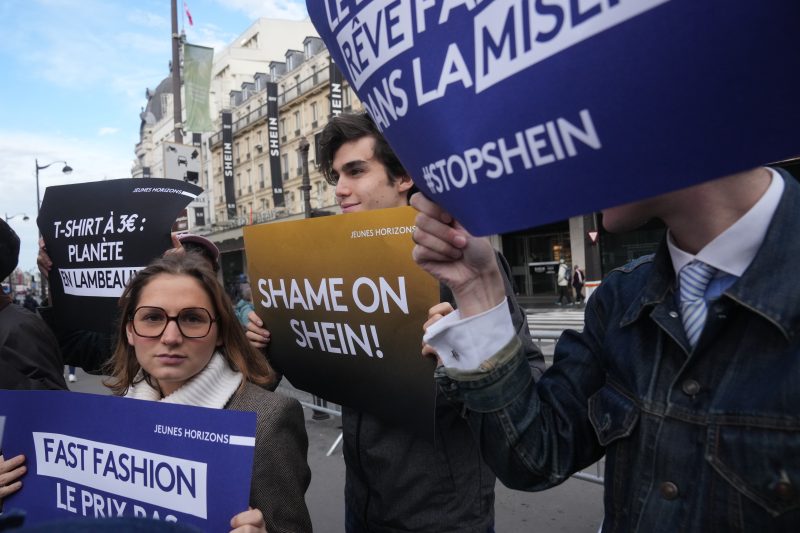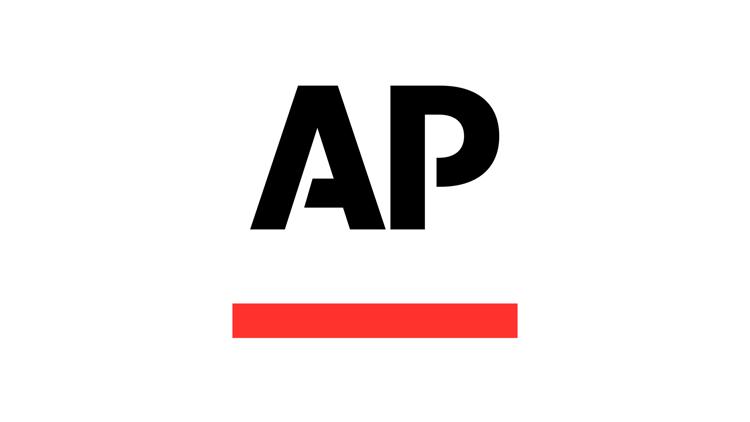BREAKING: Fast-fashion giant Shein is facing intense backlash following the opening of its first permanent store in Paris on November 5, 2025. The launch, held at the iconic BHV Marais department store, coincides with a scandal involving the sale of childlike sex dolls on its website, prompting urgent calls for accountability and potential legal action from French authorities.
Just last week, French authorities discovered disturbing listings of sex dolls with childlike features on Shein’s platform, leading to an investigation that could see the retailer banned from the French market if similar items resurface. The government has referred the case to prosecutors, underscoring the severity of the allegations.
In response to the outcry, Shein announced it has banned all sex-doll products and temporarily removed its adult products category for review. The company is conducting an internal investigation to determine how these listings bypassed its screening measures. This swift action comes as an online petition opposing the store opening has garnered over 120,000 signatures, reflecting widespread community outrage.
Protests erupted outside the BHV store on Wednesday, with dozens of activists demonstrating against the brand’s controversial practices. However, the protests did not deter shoppers, as large crowds flocked to the new store. Paris resident Ticia Ones, who visited the store, noted, “We can see what we order, touch the items, it’s a good thing,” emphasizing that Shein’s low prices were a significant draw despite the controversy.
The Société des Grands Magasins (SGM), owner of BHV Marais, condemned the sale of such dolls as unacceptable but praised Shein for its swift response to the crisis. SGM’s chief operating officer, Karl-Stéphane Cottendin, expressed optimism about the partnership, stating, “We are proud to have a partner who has spoken out firmly.” He believes that Shein’s presence will help revive the struggling department store, despite some brands choosing to withdraw in protest.
Founded in 2012 in China and now headquartered in Singapore, Shein has rapidly become a global force in fast fashion, often criticized for its labor practices and environmental impact. The retailer has faced allegations of forced labor within its supply chain, particularly concerning the treatment of Uyghurs and other minorities in Xinjiang province, China.
Cottendin dismissed these labor concerns, stating that Shein is now committed to legitimate production practices compliant with French and European regulations. However, the backlash highlights the ongoing struggle against fast fashion’s environmental footprint. The United Nations has warned that the textile industry is responsible for nearly 10% of global greenhouse gas emissions, contributing to significant environmental degradation.
In response to the growing influence of fast-fashion companies like Shein, the French government is working on a draft law aimed at curbing their impact. Measures include consumer awareness campaigns, advertising bans, and stricter waste management rules. The proposal has already received Senate approval and is expected to be finalized in a joint committee meeting with the European Commission.
“It’s a black day for our industry,” said Thibaut Ledunois, director of entrepreneurship and innovation at the French federation of women’s ready-to-wear. “Shein is developing a beautiful showcase in our country, justifying all the bad, and sad and horrible business that they develop all around the world.”
As this story develops, consumers and activists alike will be closely monitoring Shein’s actions and the French government’s response to this escalating controversy. The implications for the fast-fashion industry and consumer awareness around ethical practices are significant, making this a pivotal moment in Paris’s fashion landscape.
Stay tuned for updates on this urgent situation as more details emerge.







